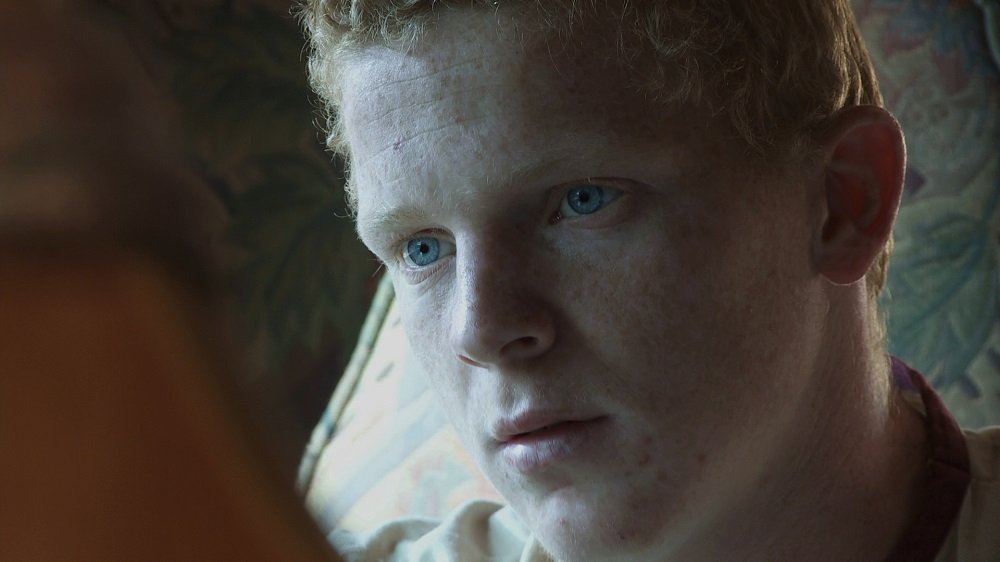Jean-Charles Hue
The Lord’s Ride, Jean-Charles Hue (2010)
Jean-Charles Hue is a French screenwriter and film director. His first two features, The Lord’s Ride and Eat Your Bones, take place within a community rarely depicted in cinema: the Yeniche of northern France. The Lord's Ride premiered at the IndieLisboa International Independent Film Festival, while Eat Your Bones premiered at Cannes' Quinzaine des Réalisateurs.
In an exclusive interview with Filmatique, Jean-Charles Hue explores the genesis of his inspiration for these stories, Yeniche orthodoxies, and his next project.
//
The Lord’s Ride, Jean-Charles Hue (2010)
FILMATIQUE: Both The Lord's Ride and Eat Your Bones are set within a small Yeniche enclave in Northern France. How did you gain access to this community? What is the genesis of their story?
JEAN-CHARLES HUE: My maternal great-grandfather was Yeniche (a nomadic ethnic group, close to gypsies, with origins in Central Europe). He settled down and thus lost his nomadic culture. Around the age of twenty I learned that one of my uncles had crossed paths with a part of our family still committed to a nomadic lifestyle. So I started looking for this group of people without much result until I met the Dorkel family. We had the same name without being of the same blood, and they greeted me as one of their own. This generous gesture amazed me; they were considered dangerous people with links to organized crime. Meanwhile, the mother had converted to Christianity.
FLMTQ: The Yeniche seem to willingly inhabit the fringes of society: Racli is a disparaging term used by the brothers to distinguish non-Romany— others on the outside. What drew you to this insular community? What aspects of Yeniche life do you find most fascinating, most cinematic?
JCH: Their vocabulary, their customs and a certain vision of the world quickly struck me as magical. Sometimes as white magic, sometimes as black magic; sometimes to reject or accept the other. They are on the fringe of society, entrenched in the places where God, like the Devil, may appear from one moment to the next. It is always sacred and gregarious.
I love above all the idea that extremes coexist together in the same place and the same life. With them I do not feel condemned to reality, to a certain materialism that forced me long ago to deny a part of myself. And the most cinematic aspect, in my eyes, is how they aspire equally to light as to darkness. They affirm a totalizing picture of themselves, a complete picture, and at the same time belong to a totemic age in which human beings aren’t separated from this world, but are rather animals like any other.
The Lord’s Ride, Jean-Charles Hue (2010)



